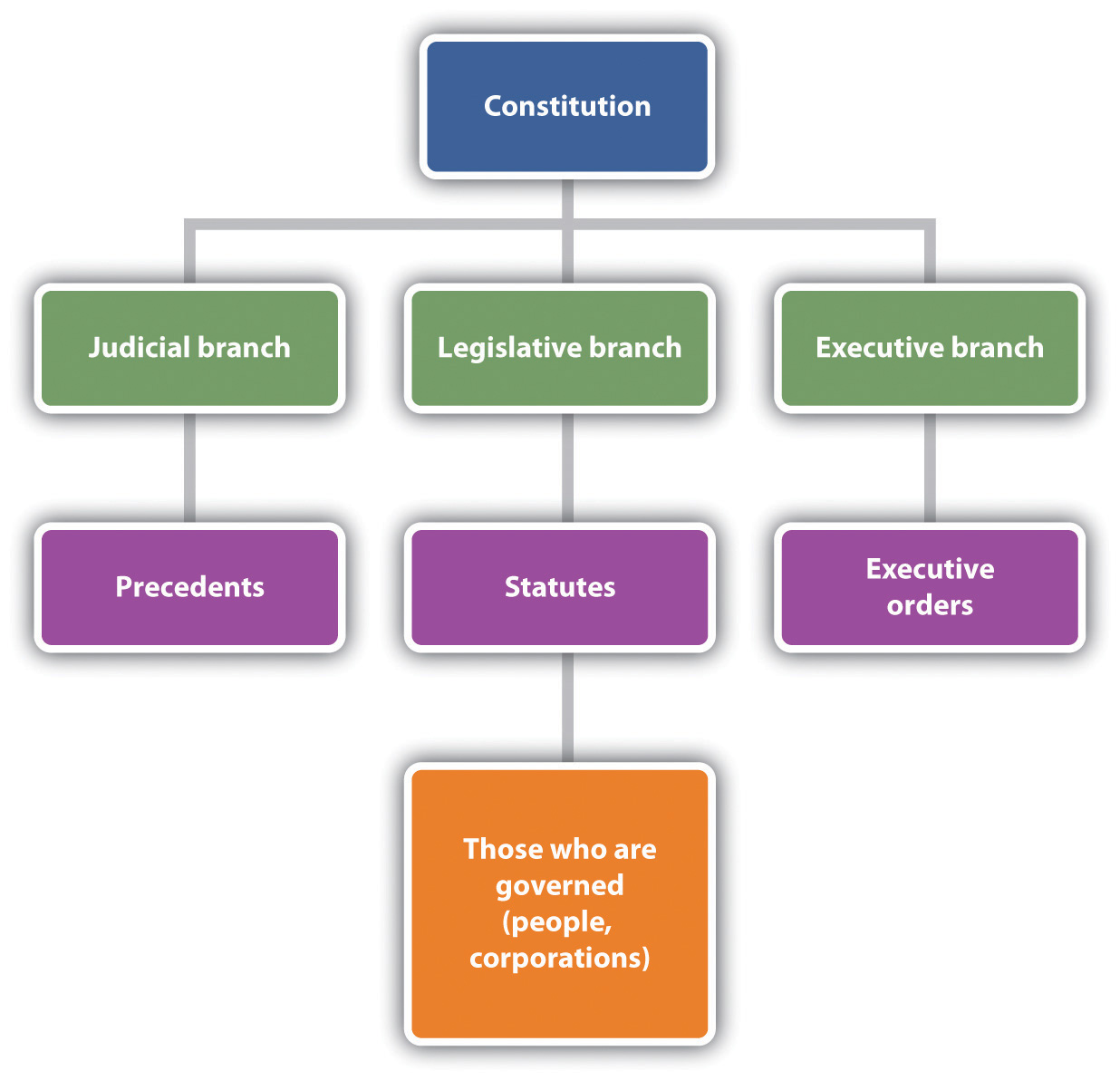
Starting a business is an exciting journey, but it's also a path filled with legal and administrative hurdles. Imagine building a house without a solid foundation—it's a recipe for disaster. Similarly, setting up a business without the proper legal framework can lead to costly mistakes and potential legal issues. This guide will walk you through the essential steps to set up a business legally, ensuring you have a robust foundation to build your entrepreneurial dreams.
Understanding the Legal Structure
Choosing the Right Legal Structure
Before you dive into the nitty-gritty of business registration, you need to decide on the legal structure of your business. This decision will impact your taxes, liability, and operational flexibility. Here are the most common types:
- Sole Proprietorship: Simple and easy to set up, but you are personally liable for business debts.
- Partnership: Shared ownership and liability, ideal for co-founders.
- Limited Liability Company (LLC): Offers personal liability protection and flexible tax options.
- Corporation: Provides strong liability protection and the ability to issue stock, but comes with more complex regulations.

Why Legal Structure Matters
Choosing the right legal structure is like selecting the right tool for a job. A hammer is great for nails, but not so much for screws. Similarly, an LLC might be perfect for a small business, but a corporation could be better for a larger enterprise. Your choice will affect how you file taxes, manage liability, and raise capital.
Business Registration: The First Step
Registering Your Business Name
Once you've decided on your legal structure, the next step is to register your business name. This is crucial for branding and legal protection. You can check the availability of your desired name through your state's Secretary of State office.
Filing the Necessary Paperwork
Depending on your legal structure, you'll need to file different forms. For an LLC, you'll file Articles of Organization. For a corporation, it's Articles of Incorporation. These documents are typically filed with your state's Secretary of State office.
Obtaining Business Licenses and Permits
Federal, State, and Local Licenses
Business licenses and permits are like the keys to your business's front door. Without them, you can't legally operate. The types of licenses you need depend on your industry and location. Some businesses may require federal licenses, while others only need state or local permits.
Industry-Specific Licenses
Certain industries have specific licensing requirements. For example, if you're starting a restaurant, you'll need health permits. If you're in finance, you might need a securities license. Make sure to research the specific requirements for your industry.
Navigating Tax Requirements
Understanding Your Tax Obligations
Taxes are an inevitable part of running a business. Your tax obligations will vary based on your legal structure and location. Common business taxes include income tax, sales tax, property tax, and payroll tax.
Getting an EIN
An Employer Identification Number (EIN) is like a Social Security number for your business. It's used for tax filing and other official documents. You can apply for an EIN through the IRS website.

Additional Legal Considerations
Intellectual Property Protection
Protecting your intellectual property is like locking the doors of your business. Trademarks, patents, and copyrights can safeguard your brand, products, and creative works from being copied or stolen.
Employment Laws
If you plan to hire employees, you need to understand employment laws. This includes everything from hiring practices to employee rights and benefits. Familiarize yourself with federal and state employment laws to ensure compliance.
Conclusion: Building a Strong Foundation
Setting up a business legally is like laying the foundation for a house. It might not be the most exciting part of the process, but it's essential for long-term success. By choosing the right legal structure, registering your business, obtaining the necessary licenses and permits, and understanding your tax obligations, you're building a solid base for your entrepreneurial journey.
Remember, the legal landscape can be complex and ever-changing. It's always a good idea to consult with a legal professional to ensure you're on the right track. With the right foundation, your business can grow and thrive.
FAQs
What is the first step in setting up a business legally? The first step is to choose the right legal structure for your business. This decision will impact your taxes, liability, and operational flexibility.
Do I need a business license to operate? Yes, most businesses require some form of license or permit to operate legally. The specific requirements depend on your industry and location.
How do I register my business name? You can register your business name through your state's Secretary of State office. It's important to check the availability of your desired name before filing.
What is an EIN and why do I need one? An EIN (Employer Identification Number) is a unique identifier for your business, used for tax filing and other official documents. It's like a Social Security number for your business.
Should I consult with a legal professional when setting up my business? Yes, consulting with a legal professional can help ensure you're complying with all legal requirements and making informed decisions about your business.
By following these steps and seeking professional advice when needed, you can set up your business legally and confidently, paving the way for success.
Posting Komentar